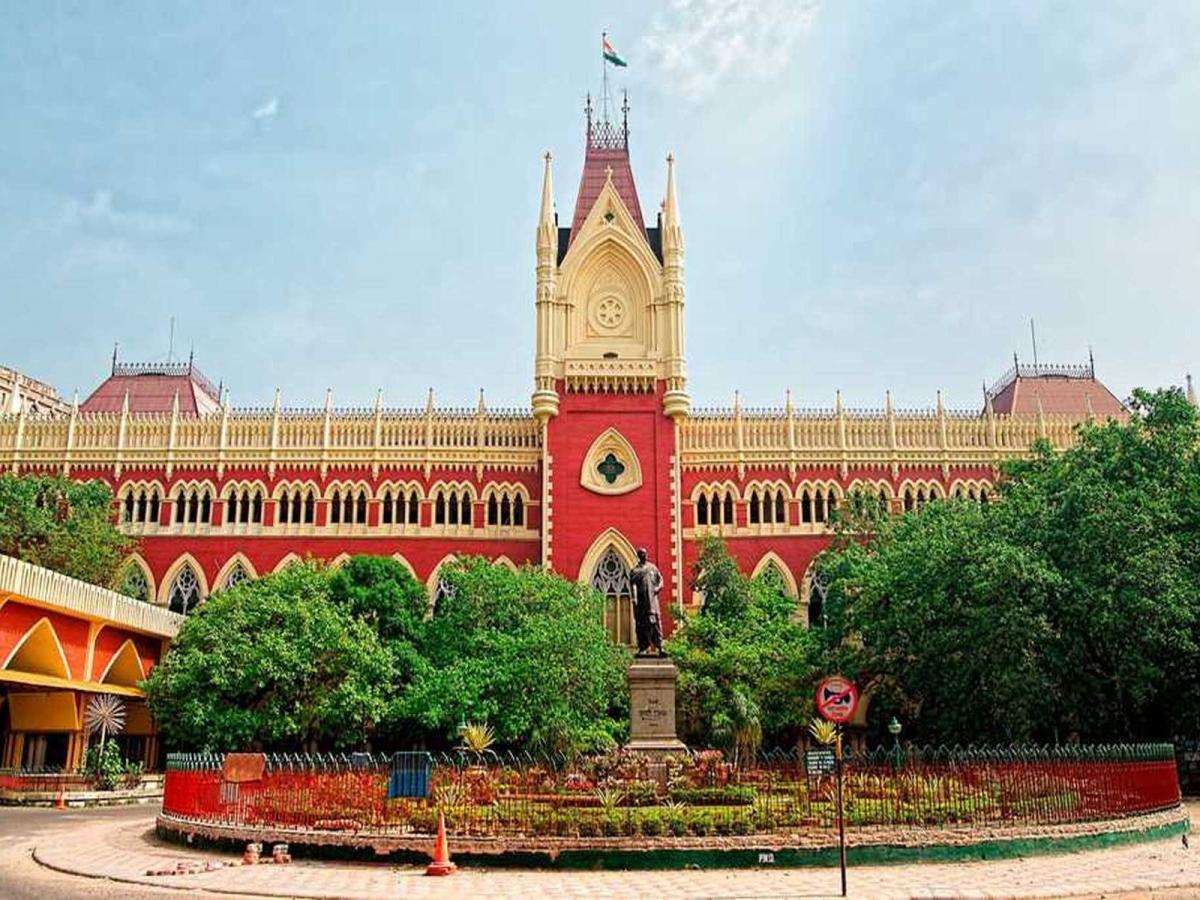High Court Upholds Democratic Rights as Trade Unions Win Protest Permission in West Bengal
The Calcutta High Court has delivered a landmark ruling supporting trade unions' right to protest, while questioning the state government's selective approach to public demonstrations. The decision highlights the delicate balance between civil liberties and public order in democratic societies.

Justice Rajasekhar Mantha of the Calcutta High Court delivering the verdict on trade union protest permissions
Court Champions Civil Liberties in Landmark Decision
In a significant victory for civil liberties and workers' rights, the Calcutta High Court has granted permission for a major trade union protest march, challenging the West Bengal government's attempt to restrict public demonstrations.
Judicial Scrutiny of Government's Double Standards
Justice Rajasekhar Mantha's ruling on Tuesday delivered a pointed critique of the state administration's selective approach to public gatherings. The decision allows the CPI(M)-affiliated West Bengal State Coordination Committee to proceed with their 'March to Secretariat' demonstration, planned for Thursday.
'My question is will the restrictions that you are speaking of be applicable in case of rallies by the ruling party,' Justice Mantha remarked, highlighting the apparent inconsistency in the government's stance on public assemblies.
The Core Dispute
At the heart of the protest lies the crucial issue of enhanced dearness allowances and accumulated arrears for state government employees. The demonstration represents a fundamental exercise of democratic rights in pursuing fair compensation.
Balanced Resolution
The court's ruling demonstrates a careful balance between civil rights and public order. While upholding the right to protest, Justice Mantha has established reasonable parameters:
- The rally must follow a modified route to minimize disruption
- Demonstration timing restricted to between 2:30 PM and 4:30 PM
- Organizers must ensure orderly conduct of the protest
Implications for Civil Liberties
This ruling sets a significant precedent for protecting democratic expression while addressing legitimate administrative concerns. It underscores the judiciary's crucial role in safeguarding civil liberties and ensuring equal treatment under law, regardless of political affiliation.
Thomas Reynolds
Correspondent for a London daily, specialist in British foreign policy and transatlantic issues.
